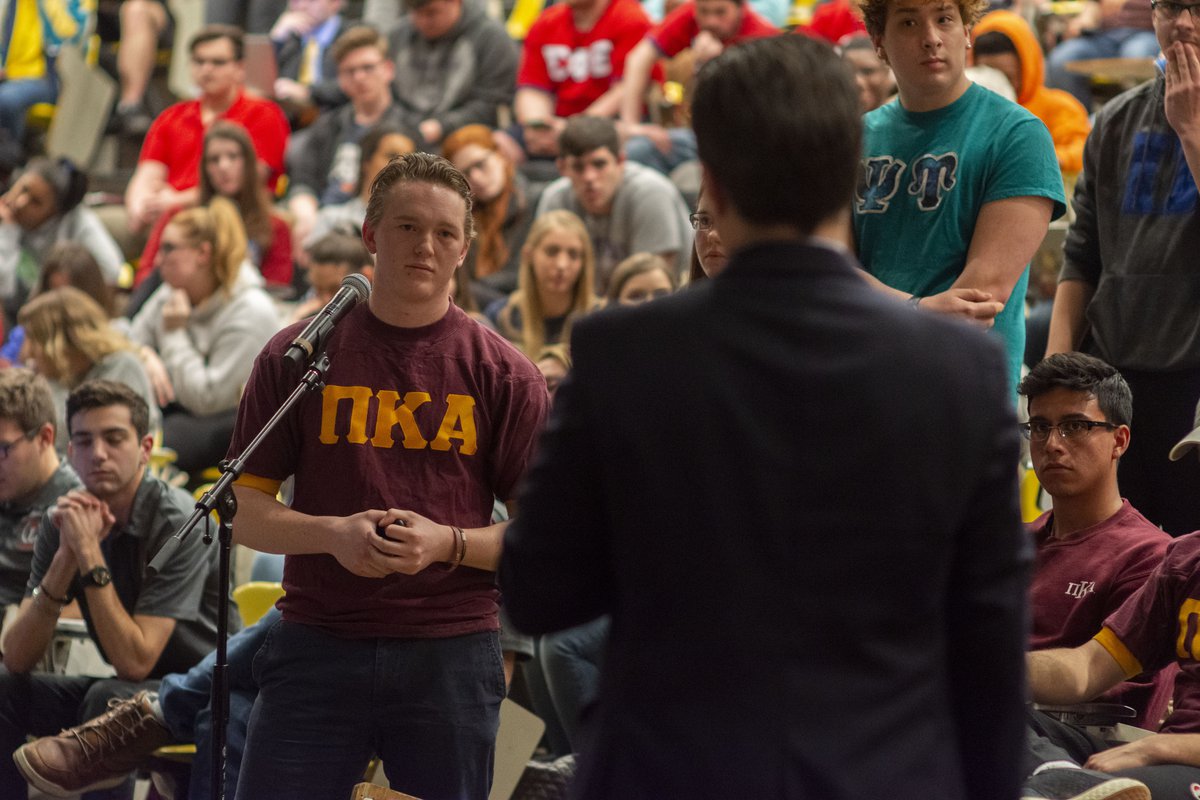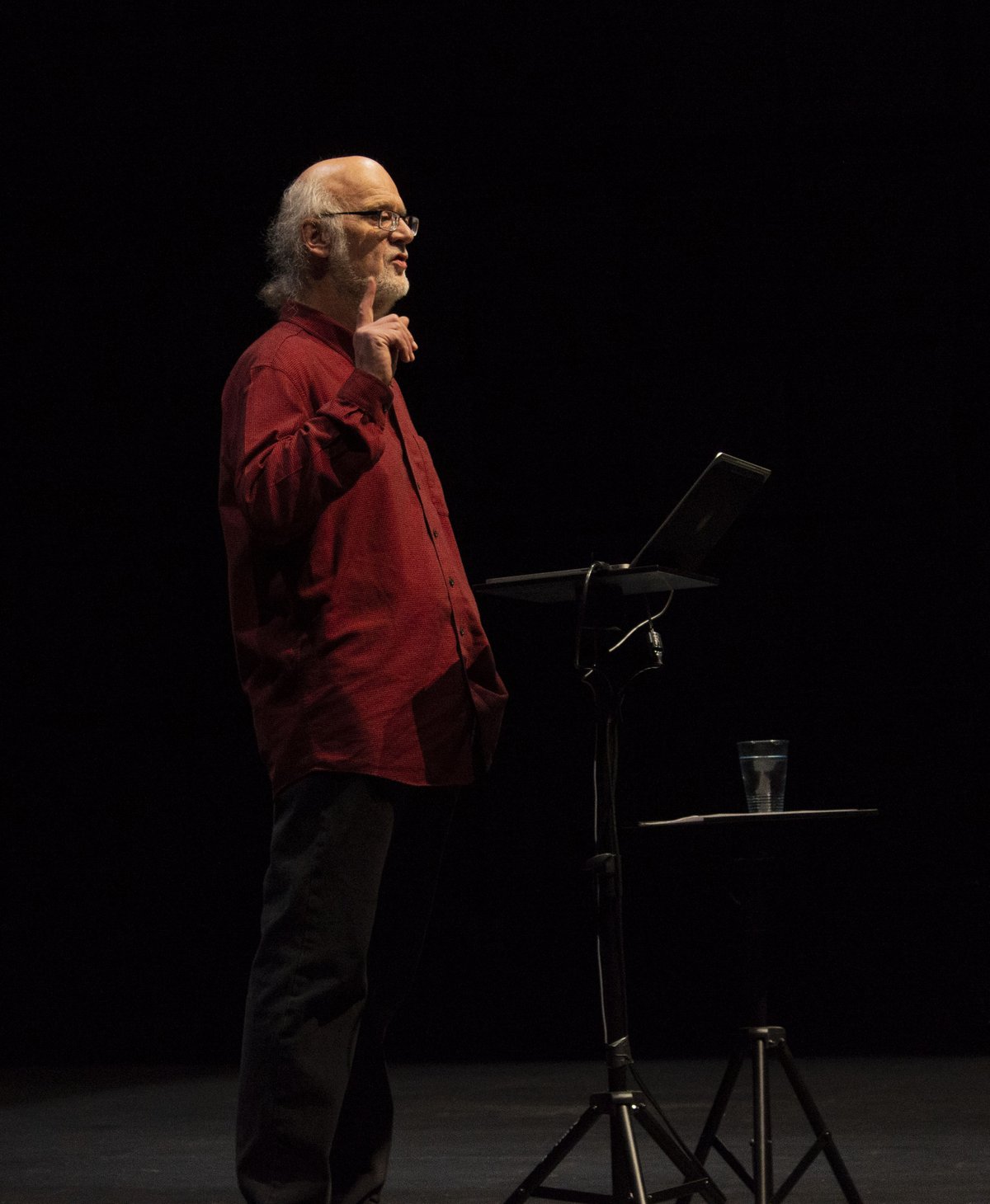I’m tired of the noise: liability in modern music

When people have power, they use it to their advantage. I may be writing an opinion piece, but this I know. I also know that the music industry has been notoriously manipulative for decades, but this time, it’s different. It’s no longer an issue tied to managers and pop superstars. It’s woven deep into the music that teenagers and young adults are listening to today, the same music they cling to and use for their support. I know because I’m one of them.
Where have we been?
Pop-punk is polarizing and has been criticized for its lyrics, musical simplicity, and troubled community ever since it split from punk rock in the late 1980s. After enjoying about a decade and a half of commercial success, it’s been downhill for pop-punk ever since the mid 2000s. Though some acts were wildly successful and famous worldwide (think Green Day and Blink-182), pop-punk isn’t what it used to be, especially after being displaced by its own emo-derivative rap and pop genres.
Most of punk rock’s subgenres are known for their impassioned, angsty writing and can often find themselves in whiny, “nice guy” territory. Pop-punk is unique among the punk rock derivatives because it takes a more lighthearted approach to songwriting; it’s borderline cartoonish in its brash depictions of hometown boredom, high school sweethearts, and teen rebellion. The fundamental relatability of these themes makes the genre appealing to its audience of teens and young adults, which is where the trouble starts.
Pop-punk has always been about raw, honest writing that explores the difficult emotions experienced when growing up, which easily exposes the unconscious biases of the songwriter; how a writer says they feel is how they really feel. Compounding this, the scene is also extremely white, and very male. There’s a nagging sense of entitlement in pop-punk, a product of the “I’m-troubled-but-still-capable-of-love” attitude fostered in some songwriters from their own experiences growing up. Having these attitudes surface in lyrics is one thing, but these attitudes are often physically manifested in sexual misconduct, which creates huge scandals and disrupts the community; when it comes to light that the men behind the microphone are sending underage girls unsolicited pictures or are guilty of child grooming, fans don’t know how to react or who to believe.
Compounding the issue, many of these accused musicians are quick to blame anyone but themselves and manipulate their impressionable audience in a take-no-prisoners campaign of self-absolution. If you’re even a casual fan of pop-punk, you know an example of this: Brand New.
Brand New started off in 2000 as another bland band trying to make it big in the then-competitive pop-punk scene, but gained notoriety with their critically acclaimed Deja Entendu and The Devil And God are Raging Inside Me, enjoying their rise with each successive album.
A Spin review of the band’s latest and likely last album Science Fiction—released in August of 2017—said Brand New had transcended the status of just a band; over their nearly two-decade-long career, “they became a lifeline and sanctuary for thousands upon thousands of messed-up kids.” This frenzied support came to a dramatic stop in November of 2017 as news of accusations against frontman Jesse Lacey surfaced, including the years of manipulation and sexual harassment of two unrelated teenage fans.
Unfortunately, and perhaps predictably, there’s been no tangible justice for the victims, just a Facebook apology post from Lacey blaming his actions on his “dependent and addictive relationship with sex.” For what it’s worth, the band has been publicly inactive since the incident.
Where are we going?
In the past few years, emo rap has displaced pop-punk and conventional emo as the newest vessel for these and other harmful attitudes, and fans have latched on to these artists with the same frenzy as they did pop-punk acts like Brand New. Lil Peep and XXXTentacion had and still have massive followings, with over 8.5 and nearly 24 million followers on Spotify respectively, and songs with hundreds of millions of streams; XXXTentacion’s posthumously chart-topping track “SAD!” has well over a billion streams on Spotify.
A product of the internet, these artists gained their massive followings at unprecedented rates; X released his first official EP in 2014, and Lil Peep released his first SoundCloud mixtape in 2015. For comparison, Brand New’s 18-year career landed them less than a million followers on Spotify.
Lil Peep died of an accidental overdose of fentanyl and Xanax in November 2017 with blood tests showing evidence of seven other drugs in his system; XXXTentacion was fatally shot leaving a motorcycle dealership in June 2018. The abrupt endings to these artists’ young lives shook the emo-rap community, but both acts became even more popular after death, with their posthumous growth actually shaping and perverting the culture into what it is today.
Both artists were celebrated for bringing attention—which wasn’t always positive attention—to mental health through their music, and for reaching such a broad audience, especially since their music is anything but traditional pop. However, especially in the case of such emotional music, the music is intimately tied to the artists, and those artists have problems: think of Lil Peep’s fetishization of drug abuse and mental illness in his lyrics or XXXTentacion’s history of domestic violence. With sensitive lyrical themes and an impressionable audience of teens and young adults, shouldn’t these artists have been held more accountable?
How did this happen?
When we hear problematic lyrics, or see problematic behavior from artists, what can we do? If we interfere with the artist, we’ll influence the art. If Lil Peep didn’t suffer through drug abuse, he wouldn’t have made the songs he did, and he wouldn’t be as successful for it. But isn’t enjoying the product of damaging behavior just the same as endorsing the behavior in the first place? As increasingly disconnected music consumers, we encourage systemic problems in the music industry by passively enjoying them.
There’s no doubt that artists should be more liable for the messages they’re creating with their work, but it’s up to us as listeners to decide if we really want to hear it. We don’t have to listen. An artist might be aware of their actions, but that doesn’t mean they have automatic accountability. Jesse Lacey was painfully self-aware—to the point of narcissism even—but still couldn’t hold himself accountable, shifting blame and taking no personal responsibility once accusations came forward.
Listening to and enjoying a piece of music is a passive endorsement of its content, and legitimizes the culture behind it. All the reprehensible, abusive, and deluded thinking that’s been tolerated in pop-punk and emo music for years now are continuing because we just keep listening. No matter how many women come forward, and no matter how many bands kick members out, claim to be above the problem, or disband entirely, there are many more fans who just don’t want to be inconvenienced by forcing themselves not to listen to problematic artists.

 Greek Life
Greek Life
 Empac Event
Empac Event
 Opinion
Opinion